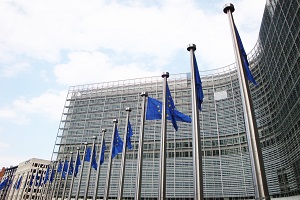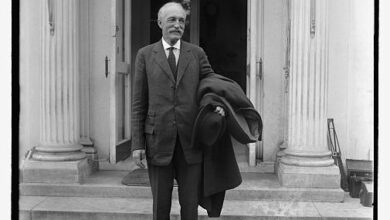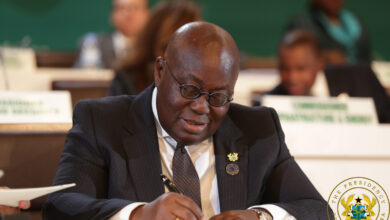Towards the use of the UN Framework Classification for Sustainable Resources Management in Europe

The United Nations Framework Classification for Resources (UNFC) is a universally acceptable and internationally applicable scheme for the sustainable management of all energy and mineral resources. It can harmonise data from different classification and reporting standards and also make a significant contribution to attaining a number of the Sustainable Development Goals (SDGs).
The UNFC could in particular help in consolidating EU-level data on mineral reserves and resources, an issue of special interest within the current discussions on the access to critical raw materials and the EU strategy for the circular economy.
This was at the heart of the debate at the Workshop on “UN Framework Classification for Sustainable Resources Management in Europe”, organised in the frame of the EU Raw Materials Week on 16 November 2018 in Brussels, by the United Nations Economic Commission for Europe (UNECE), the European Commission, the European Federation of Geologists (EFG) and EuroGeoSurveys (EGS), which gathered some 100 participants.
Milan Grohol, Policy Officer at the European Commission’s DG GROW, emphasised the need for “harmonised and solid data on raw materials for decision making”, UNFC being the most relevant tool for this purpose and having the advantage of being readily available. He pointed out that EU policy makers so far do not use any framework, all decisions being taken on an ad hoc basis.
On the policy side, Rodrigo Chanes-Vicente, DG GROW, stressed the relevance of UNFC for the European Union’s raw materials policy. Although currently no harmonised European approach for resource management exists, different initiatives such as the Minventory study (2015), the INSPIRE Directive (2007) or the ORAMA and Mintell4EU Projects, which were presented during the event, work towards harmonisation. The current lack of harmonised data has recently been clearly identified in the context of the European Union’s Battery Action Plan (May 2018) while mapping the resources and reserves available in Europe for the production of batteries. UNFC is therefore considered by the EU as a potential solution for harmonised resource management and sustainable land use across Europe as it is applicable at regional, national but also at European level.
Charlotte Griffiths, Chief of Section at UNECE’s Sustainable Energy Division, highlighted in her keynote speech the longstanding cooperation with both EFG and EuroGeoSurveys which has led to an increased recognition of UNFC across Europe. UNFC offers an integrated and comprehensive approach to resource management that is fully aligned with the Sustainable Development Goals. It is the only classification system having the triangle “People, Planet and Prosperity” at its core. In view of the ever more alarming signals relating to climate change and the need for an urgent transition towards a low-carbon society and economy, the UNFC-Resource Management System under development provides a bottom-up approach which can support long-term policy making, short-term financial management of projects and increase international collaboration while reducing the environmental footprint. Charlotte Griffiths finally underlined the globally growing interest for UNFC, recently noticed not only in Europe but also in Africa, Asia and Latin America.
The applicability of UNFC in Europe is currently tested by several Geological Surveys: Tom Bide (British Geological Survey) from the ORAMA Project highlighted that UNFC indeed allows comparison between different codes and has the advantage of providing a “full picture of mineral stocks including so far undiscovered resources”. Zoltan Horvath from the Hungarian Geological Survey presented case studies from central Europe where data harmonisation has been made possible for most commodities thanks to translation and bridging efforts. Kari Arlasken (Norwegian Geological Survey) presented the efforts of the Mintell4EU Project, which is part of the GeoERA network and works towards pan-European inventories using UNFC pilots for some commodities.
Vitor Correia, EFG President, highlighted the importance of the Competent Person concept which personally identifies the expert reporting on commodities such as minerals, oil & gas, geothermal, wind, solar and anthropogenic resources, making him accountable and thus increasing the confidence of clients, investors and the general public. The importance of the Competent Person concept has recently been recognised by UNECE through the establishment of a dedicated Working Group by the Expert Group on Resource Classification. Vitor Correia heads this Working Group which aims at implementing the concept within UNFC.
Slavko Šolar, Secretary General of EuroGeoSurveys, emphasised the strong potential for UNFC as a resources management tool for governments. He outlined how EGS was in a good position as a major EU data provider on mineral reserves and resources to assist in bridging UNFC with national data codes across Europe. Represented in the UNECE Expert Group on Resource Classification by Zoltan Horvath, EGS will continue to support the further development of UNFC.
Milan Grohol concluded the discussions at the Workshop expressing the European Commission’s interest in a more generalised use of UNFC.
For more information on UNFC visit: https://www.unece.org/energy/se/reserves.html



